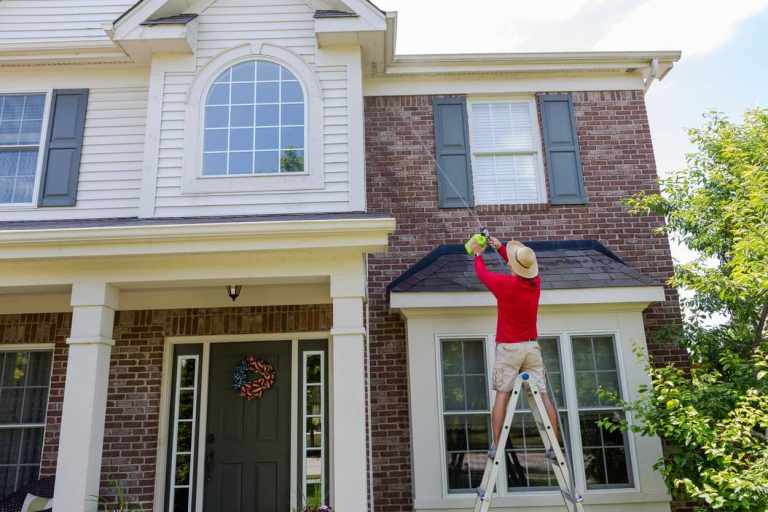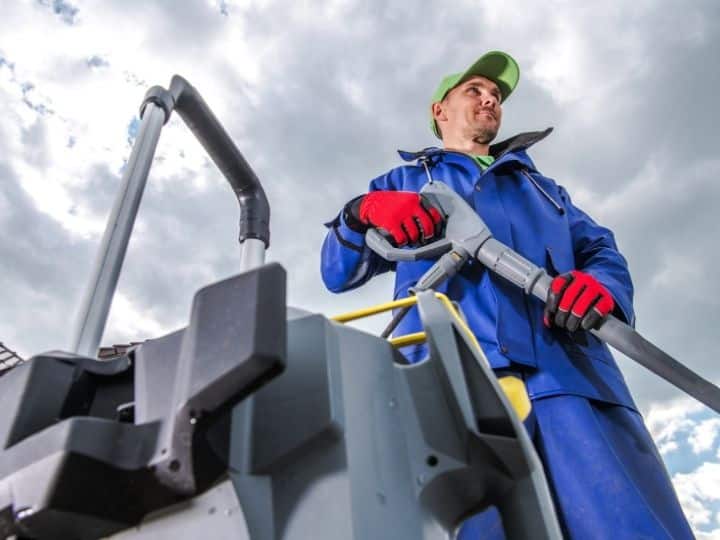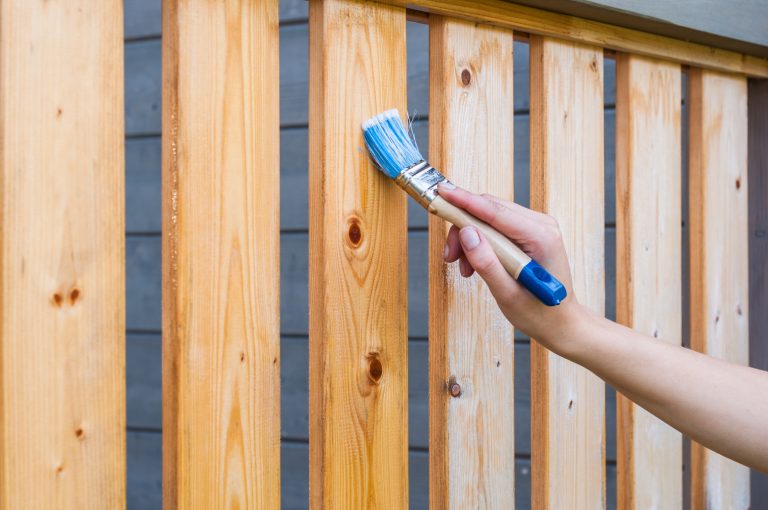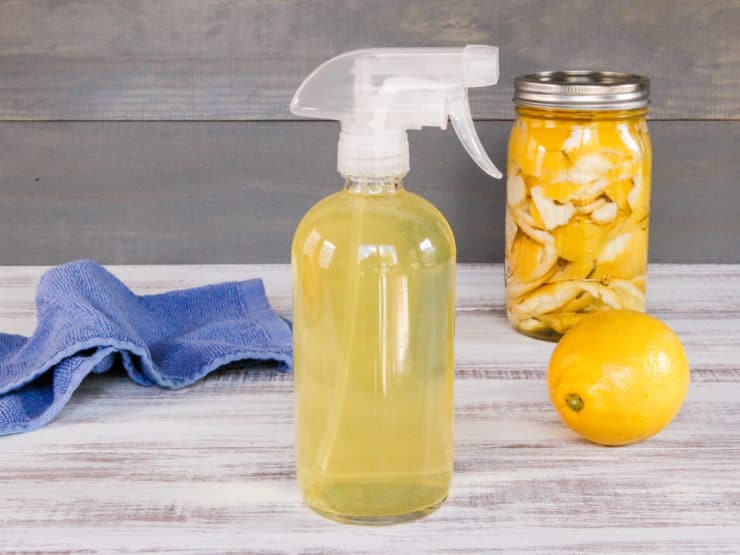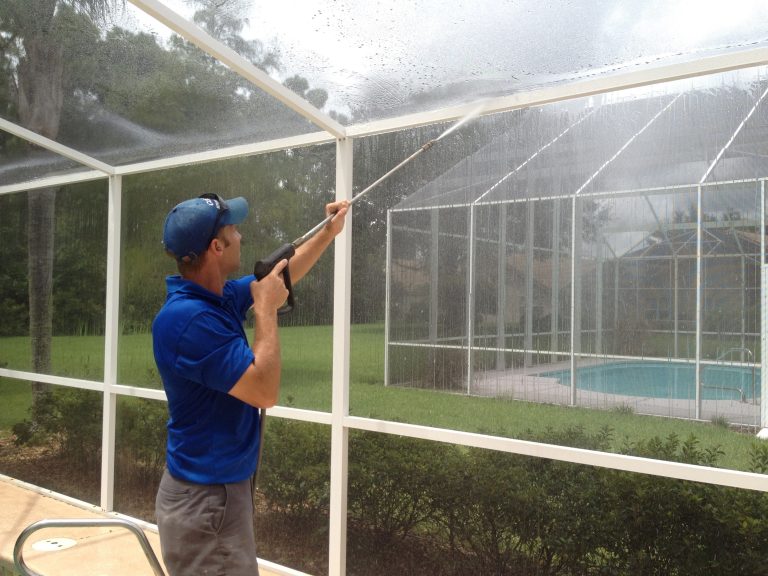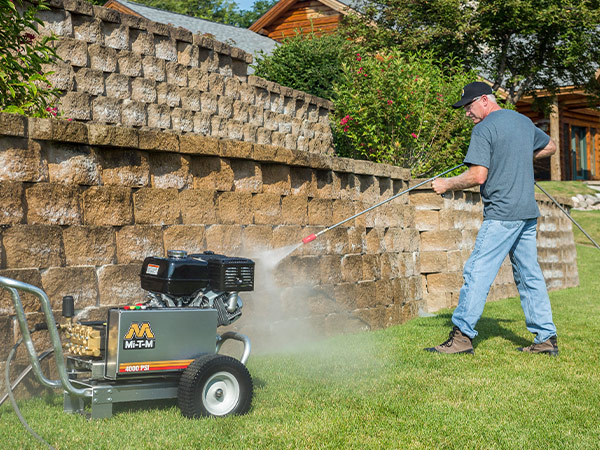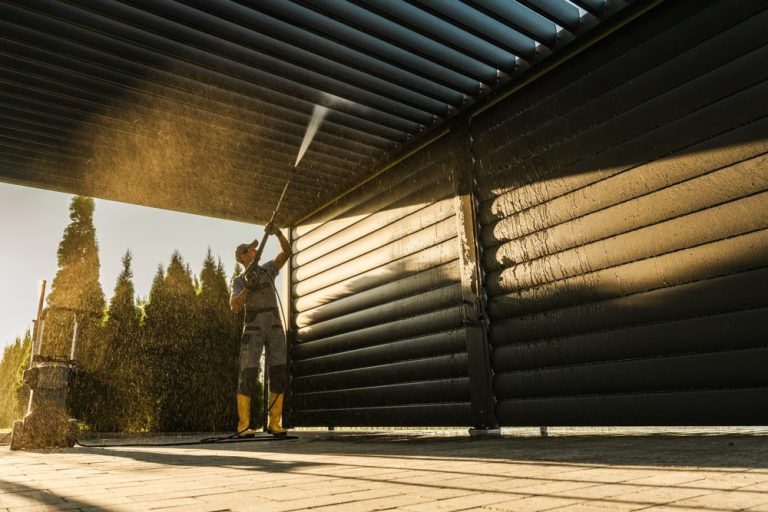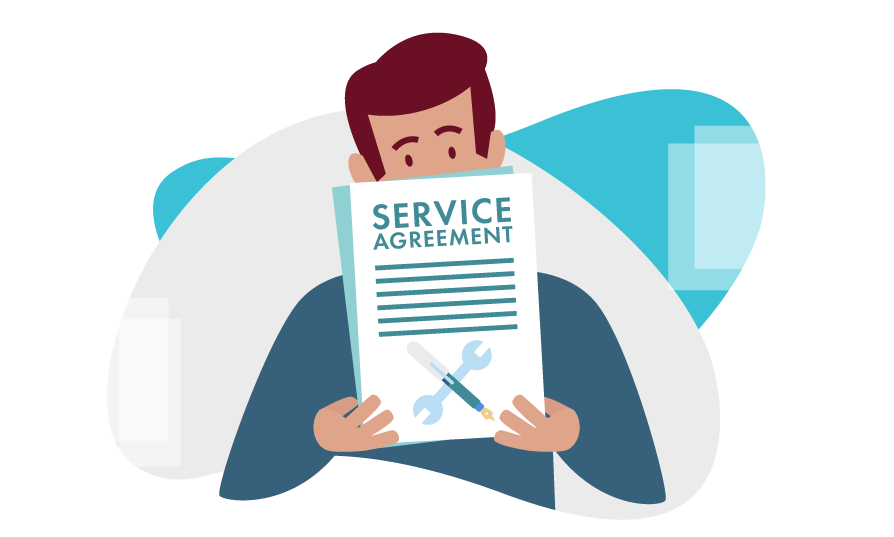
When hiring a power washing service, it’s tempting to just shake hands, set a date, and move on. But skipping over the contract (or not having one at all) can lead to major misunderstandings — or worse, damage and disputes. 🧼💥
A clear, written service agreement protects both you and the contractor. It ensures everyone is on the same page, defines responsibilities, and sets expectations for the job. In this article, we’ll break down what every homeowner or property manager should know about power washing contracts — and what red flags to look out for. 🚩
📄 What Is a Power Washing Contract?
A power washing contract is a legal agreement between the service provider and the customer that outlines the scope of work, terms of payment, responsibilities, and liabilities.
Even if the job seems small, it’s smart to ask for something in writing — even if it’s just a detailed email or formal quote turned agreement. ✅
📋 Why a Written Agreement Matters
Here’s what a power washing contract helps prevent:
- 💸 Surprise charges
- 🔄 Misunderstandings about what’s included
- ⏳ Scheduling or timing conflicts
- 💧 Disputes over damage or incomplete work
- ⚖️ Legal issues if something goes wrong
Think of it as insurance for your wallet and your property. 🏠
✅ What Every Good Power Washing Contract Should Include
Let’s break down the must-have elements of a proper agreement:
1. Contact Information
At the top, both your name and the contractor’s name, business name, address, phone number, and email should be clearly listed.
🖊️ Why it matters: This helps identify each party and creates accountability.
2. Scope of Work
This is the meat of the contract — and the section you should read the most carefully.
Includes:
- Surfaces to be cleaned (e.g., siding, deck, driveway)
- Type of cleaning method (pressure wash vs. soft wash)
- Approximate square footage
- Equipment or chemicals used
- What is not included (important!)
- Number of technicians expected
📌 Pro tip: The more specific, the better. “Wash siding and driveway” is vague. “Soft wash vinyl siding and pressure wash 1,200 sq. ft. concrete driveway with biodegradable detergent” is much clearer.
3. Timeline and Scheduling
Look for these details:
- Date(s) and estimated start/end time
- Backup date in case of rain or delays
- Estimated duration of the project
- Any prep work you need to do beforehand
⏱️ If the project spans multiple days, it should be clearly explained.
4. Pricing and Payment Terms
No one likes surprise charges. A legitimate company will be transparent with costs.
The contract should specify:
- Total cost of service
- Whether it’s a flat rate or estimate
- What’s included in the cost (e.g., travel, materials)
- Payment method (cash, credit card, invoice)
- When payment is due (before, during, or after service)
💵 Some companies also include terms for deposits or partial payments — make sure these are spelled out too.
5. Liability and Insurance
This section protects both parties in case something goes wrong.
It should cover:
- What happens if property damage occurs
- Whether the company is insured
- How accidental damage is assessed and resolved
- Whether customer must report damage within a certain time
🛑 Warning: If the contract doesn’t mention insurance or shifts all liability to you — walk away.
6. Guarantees and Satisfaction Policies
A reputable company stands by its work. Look for:
- Satisfaction guarantee policies
- Whether they offer free touch-ups or fixes
- A deadline for reporting issues after service
🎯 This is especially important if you’re dealing with stubborn stains or delicate surfaces.
7. Cancellation and Rescheduling Policy
Life happens — and sometimes appointments need to change. The contract should explain:
- How much notice is required to cancel or reschedule
- Whether there’s a fee for changes
- How weather delays are handled
📆 Avoid companies that don’t clearly state these terms — it’s a recipe for scheduling frustration.
8. Photos or Documentation
Some contracts include a clause allowing the company to take “before and after” photos for their records or marketing.
Make sure:
- You give (or deny) consent
- Photos won’t include identifying features like license plates or faces
- You know how the photos will be used (e.g., social media, portfolio)
📸 Not everyone is comfortable with their home being posted online — and you have the right to opt out.
🚩 Red Flags to Watch Out For
As you review a contract, watch for these warning signs:
- Vague language (e.g., “standard wash”)
- No mention of liability or insurance
- No itemized cost breakdown
- Cash-only policies
- No contact info or business credentials
- Pressure to sign quickly without reading
If something feels off — ask questions. A good contractor will welcome clarity and answer confidently.
🧼 Should You Still Sign a Contract for Small Jobs?
Yes! Even a basic patio or deck cleaning can benefit from a short, written agreement. It doesn’t need to be a 10-page document — even a detailed email summary can serve as a simple contract. It’s about protecting expectations, not paperwork.
✍️ Final Thoughts
When it comes to hiring a power washing service, don’t treat the contract as a formality — treat it as a tool to protect your home, your money, and your peace of mind. 💧🏡
The best power washing companies will provide clear, thorough contracts that answer questions before you ask them. If they don’t? That tells you all you need to know. ✅
Be smart, read carefully, and never be afraid to ask for clarification. Your property is worth it.
